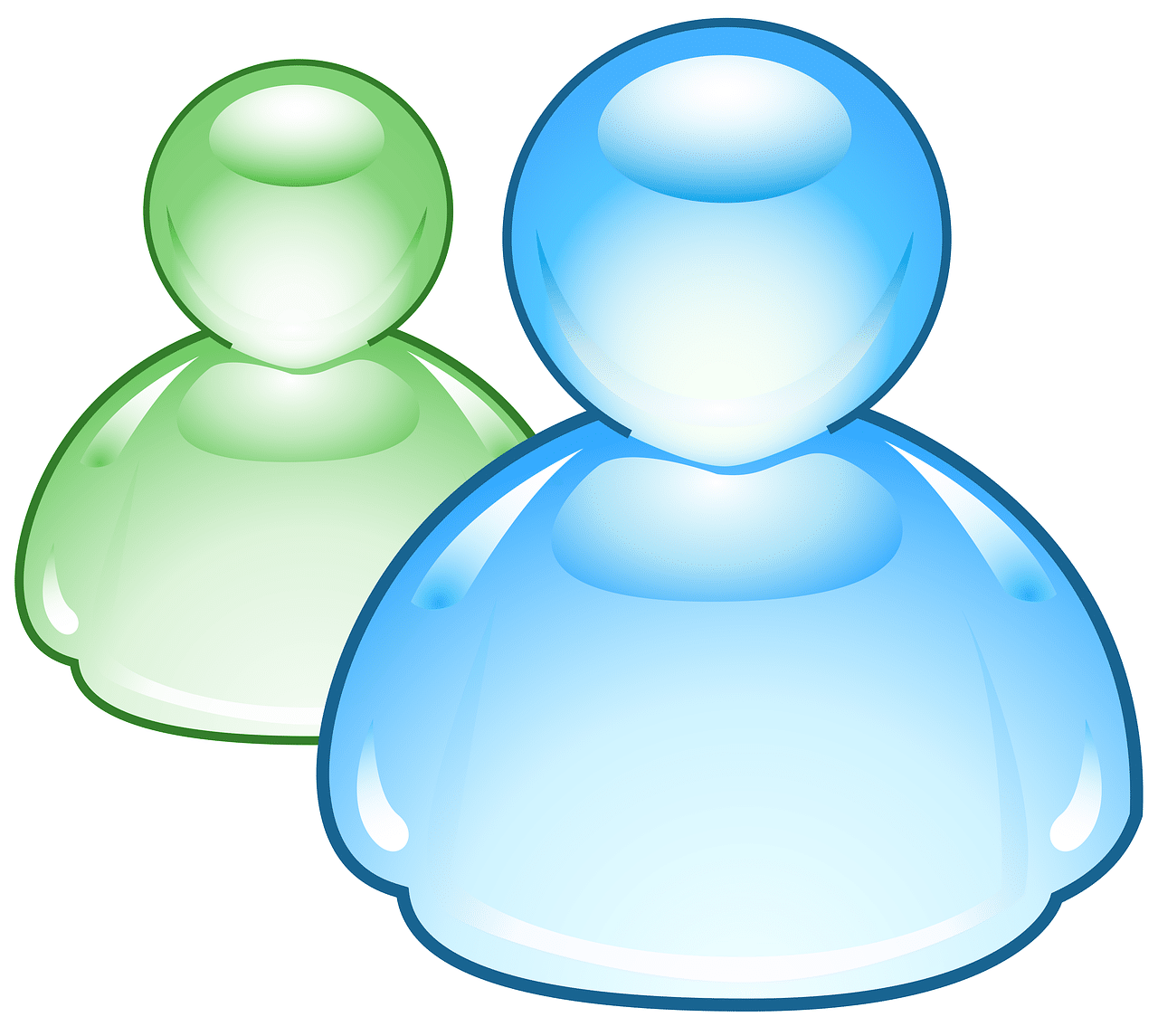
Messenger was an instant messaging program created by Microsoft.
Messenger is the name by which the Windows Live Messenger computer program was popularly known. This software , created by Microsoft , allowed instant communication between two or more users. For example: "Connect to Messenger so I can tell you how the interview went," "Yesterday I was talking to Luciana on Messenger," "If you don't study, I'm going to prohibit you from using Messenger."
Windows Live Messenger was born as MSN Messenger . Starting in 2005 , this instant messaging client was added to the set of online services called Windows Live and it is estimated that more than 330 million users used Messenger every month during its best times. In 2012 , however, Microsoft began to progressively remove it from its platforms, gradually replacing it with its recently acquired Skype , which had already achieved great popularity up to that point, especially for its ability to make low-cost international phone calls . .
Using Messenger
Messenger could be used on a computer or from certain mobile devices . Although it was created as a chat client (to exchange written messages in real time), the program grew until it became a very complete software that facilitated all types of communications and file exchange.
With Messenger it became possible to chat, talk or videoconference between two computers. It was also possible, in some countries, to establish calls from the computer to a telephone ( Windows Phones had their own mobile version of the program).
Another option that Messenger offered was the possibility of sending messages to those users who were offline, who would receive the message once they logged into the program. This worked as an "answering machine" and, although it is now a common feature in any product, it was very revolutionary at the time (although the authorship of said feature did not necessarily belong to Microsoft).
Messenger , on the other hand, had games that allowed you to challenge a contact. By accessing a certain menu, a user could invite another to play, completing the game over the Internet .
Shared folders that facilitate file sharing is another tool that Messenger came to include; Once again, there is currently no email or messaging service provider that does not allow its users to share files, but this function was very striking in its historical context.

Windows Messenger ceased to exist when it merged with Skype.
Its merger with Skype
The decision to combine Windows Live Messenger and Skype , while retaining the name of the latter, was criticized by many, but also flattered by others, since Skype had achieved great popularity thanks to having taken advantage of the smartphone fever in an intelligent way. While Microsoft reserved the benefits of its messaging client for users of its own phones ( Windows Phones ), Skype was offered free on a multitude of devices and allowed voice and video calls at no additional cost.
It is important to clarify that the Skype service does not replace that provided by a telephone company , but rather complements it; One of its basic differences is that it does not allow emergency calls to be made and that it requires an Internet connection to function. Currently it is possible to use this "successor" of the old Messenger with an Outlook , Facebook or, of course, Skype account before the merger.
Messenger as a common noun
Just as it happened with brands like Gillette , Bic and Voligoma , Messenger became the common name for all the instant messaging programs that preceded and succeeded it, at least for a large number of people, especially those who actively experienced success . of this popular application.
Although a fan of the mythical mIRC would never have confused their names, but in the best of cases would have put them in the same sentence to denounce any of the blatant copies by the Windows house, many users began to call messenger any software of the same genre.
